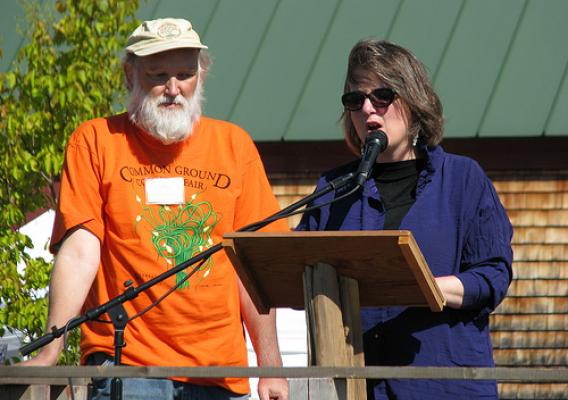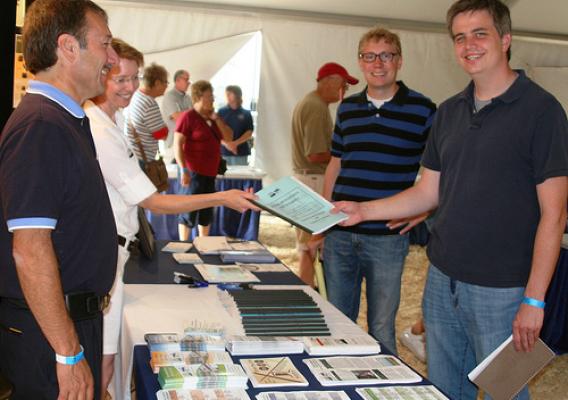Expertise, vision, and commitment to see a project through are what put Wagner, South Dakota into the forefront. The City of Wagner has a lot to celebrate with the open house for the repair and renovation of the Parkview Villa Apartments, and ribbon cuttings for both the Wagner Community Memorial Hospital and Wagner Early Childhood. USDA Rural Development provided funding, measured with community members’ support towards these projects, and made them possible.
For example, Parkview Villa Apartments has been renovated to include six-two bedroom and 25-one bedroom apartments, roofing, siding, plumbing, electrical, flooring, windows, appliances, and handicap accessibility. The project has experienced vacancy in recent years, but with the renovation and upgrades being made, it is anticipated that is will soon be fully occupied. “This project is instrumental in providing quality, safe and affordable housing for the elderly of our community, housing they have earned and deserve. I am extremely proud of our board, they saw a tremendous need and addressed it head on overcoming numerous obstacles,” said Bryan Slaba, President, Parkview Villa Inc.










